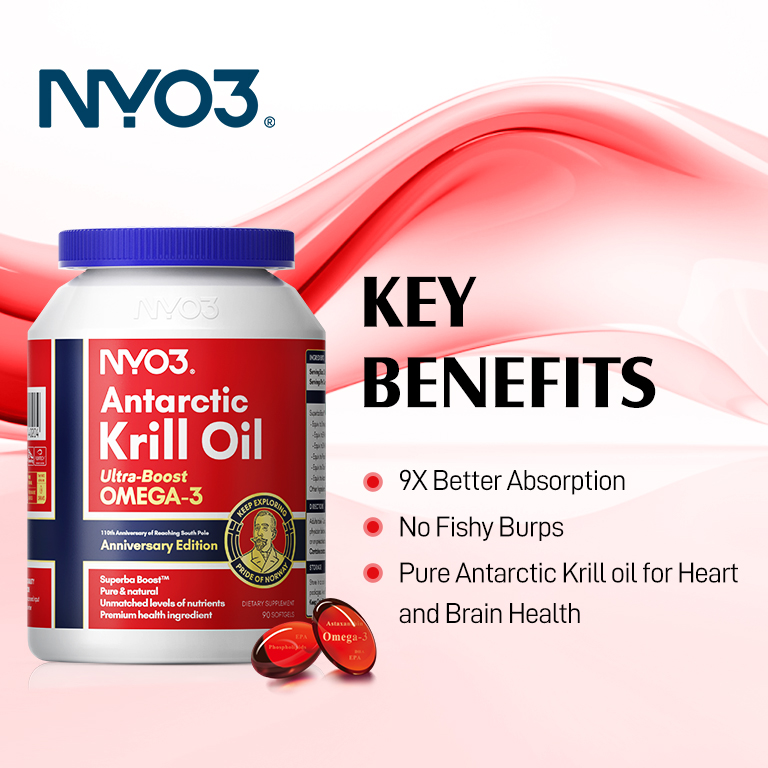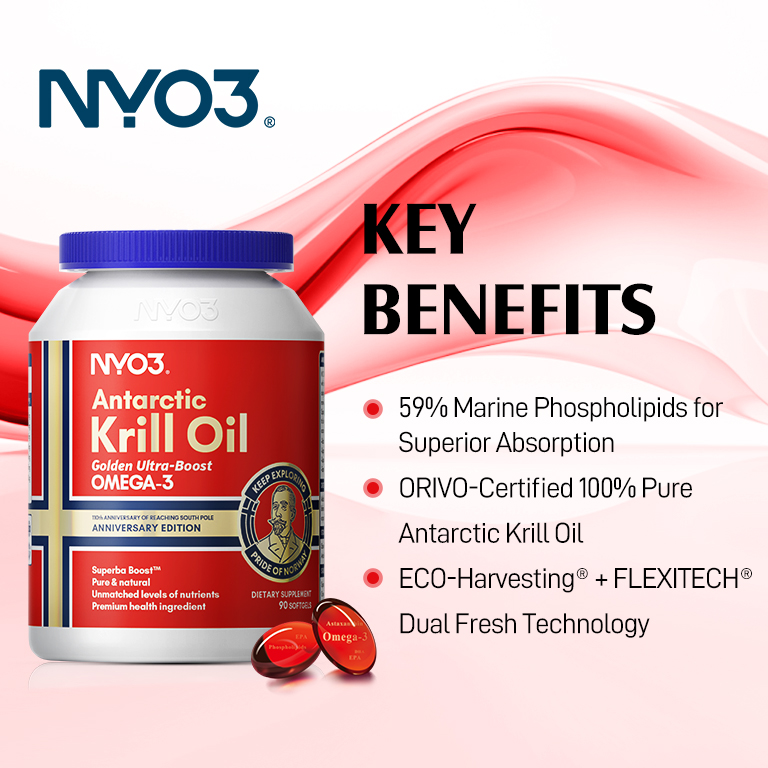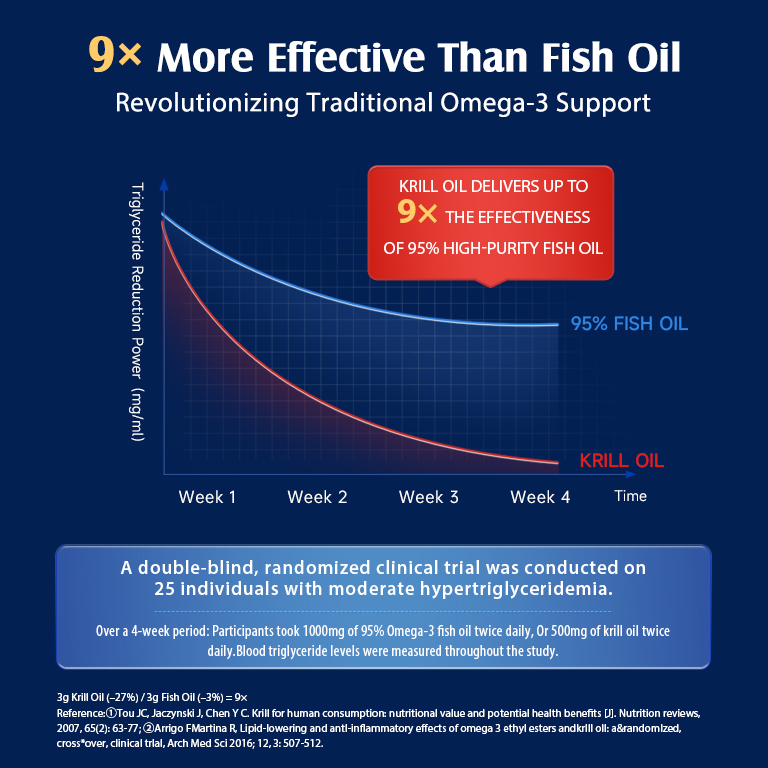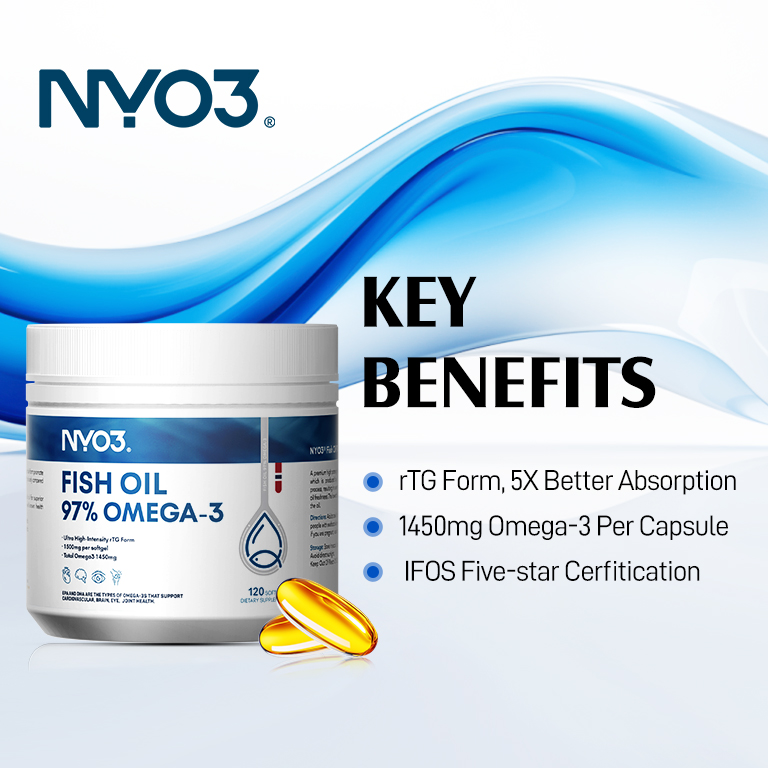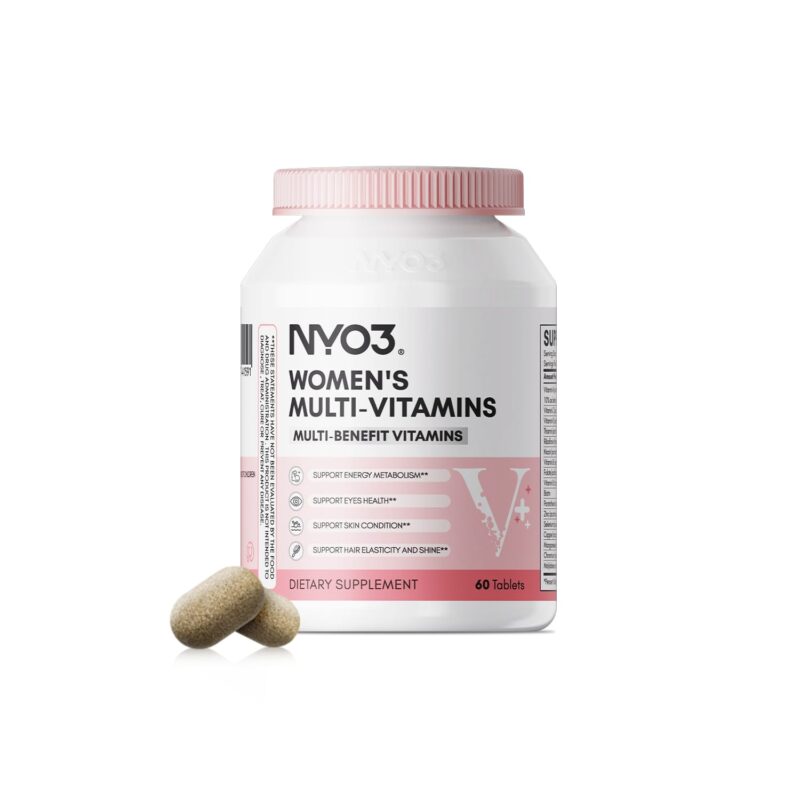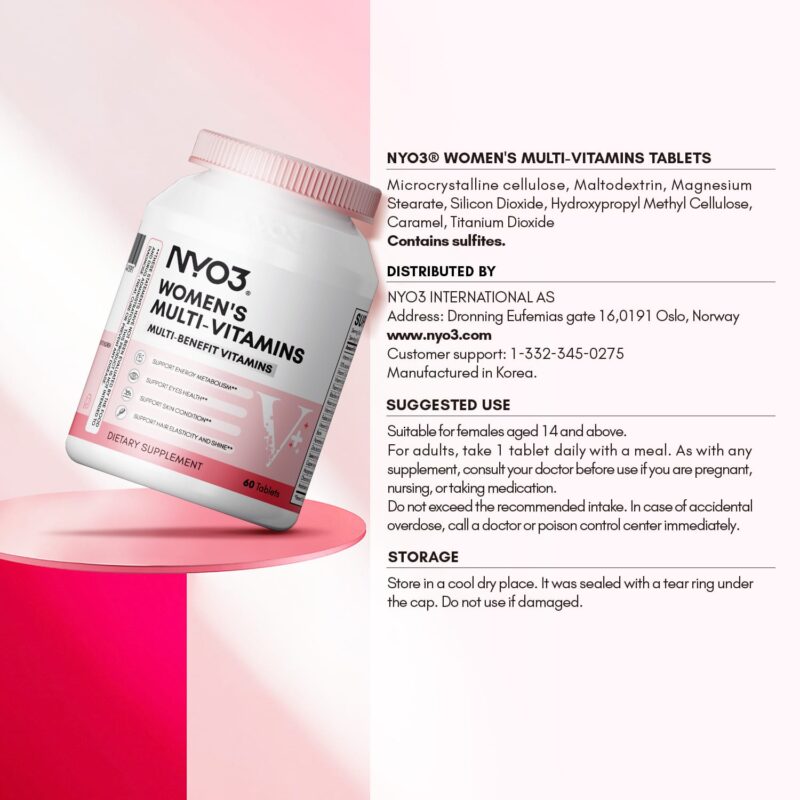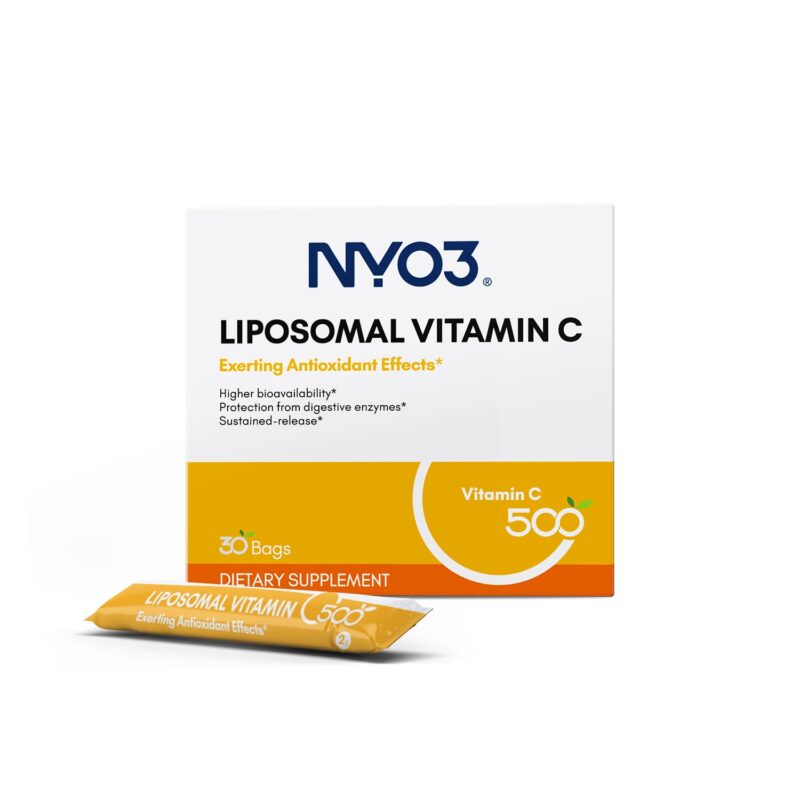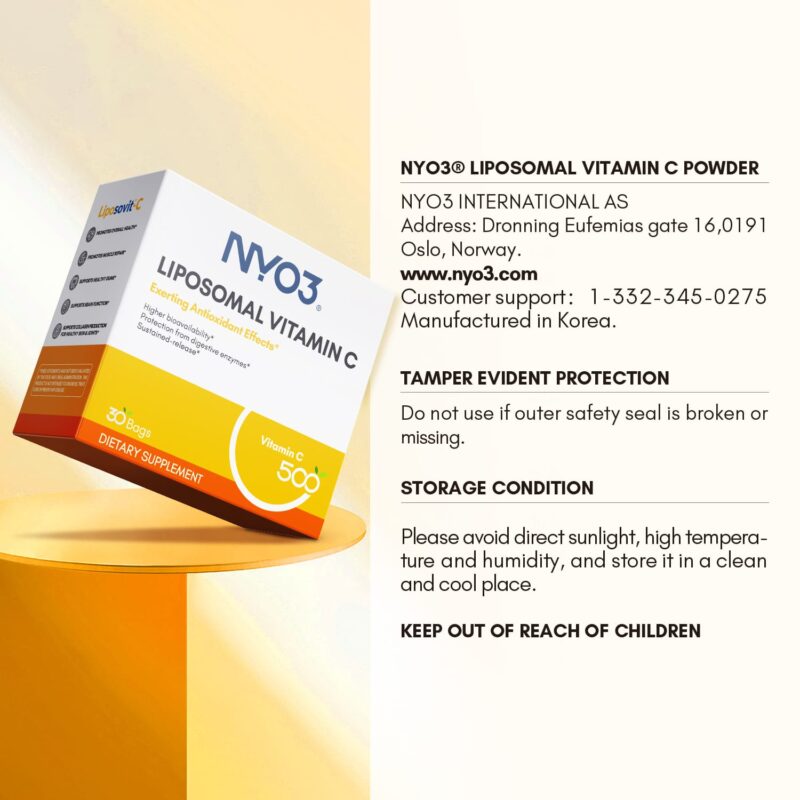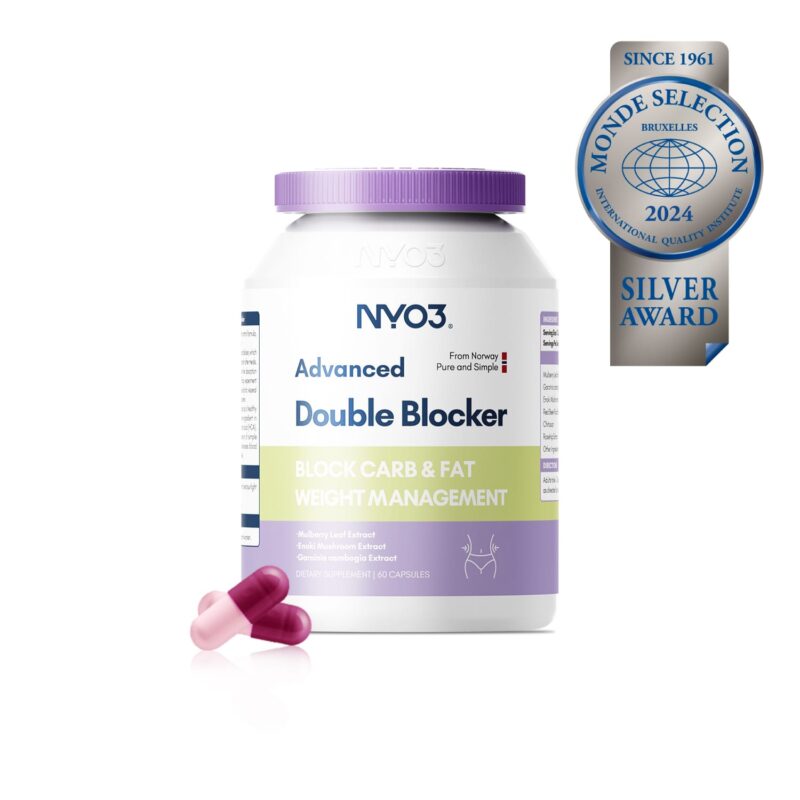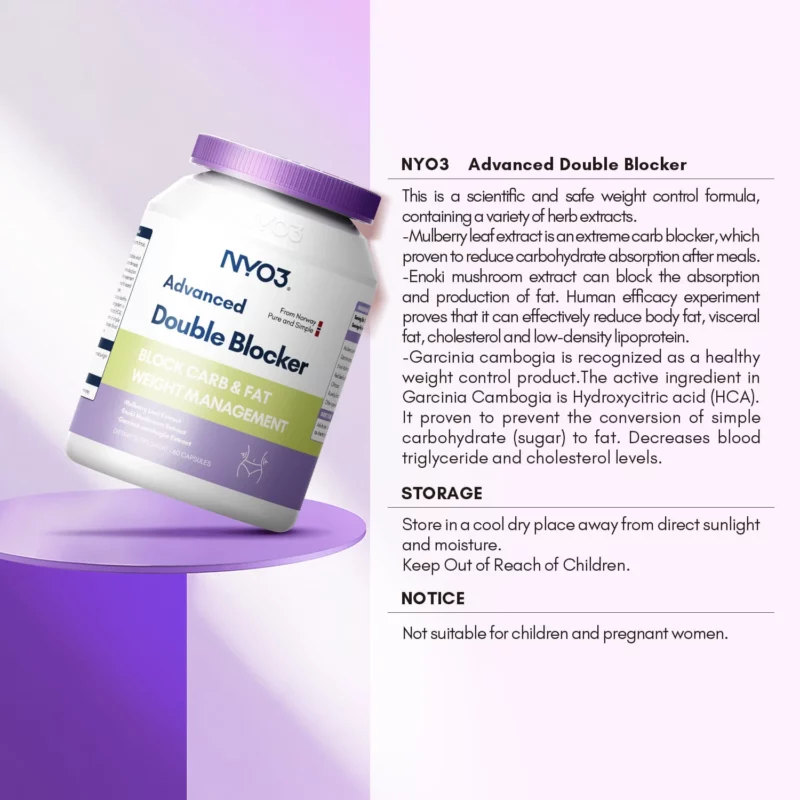Krill Oil Benefits: Unlocking Superior Omega-3 Support for Your Health
Krill oil has gained popularity as a nutritional supplement in recent years. This oil comes from tiny crustaceans called krill that live in the oceans. Many people take krill oil for its potential health benefits.
Krill oil contains omega-3 fatty acids that may help with heart health, joint pain, and brain function. Some studies suggest it might work better than fish oil. The omega-3s in krill oil are in a form that’s easy for the body to use.
Krill oil also has other nutrients like phospholipids and astaxanthin. These may give it extra health benefits. People often take krill oil to lower cholesterol, reduce inflammation, and improve mood. More research is needed to fully understand all of its effects.
Key Takeaways
- Krill oil provides omega-3 fatty acids in a form that’s easy for the body to absorb
- It may help with heart health, joint pain, and brain function
- Krill oil contains additional nutrients that could offer extra health benefits
Understanding Krill Oil
Krill oil comes from tiny crustaceans called krill. These small sea creatures are found in oceans worldwide. Krill oil contains important nutrients that may help human health.
The main components of krill oil are:
- Omega-3 fatty acids (EPA and DHA)
- Phospholipids
- Astaxanthin (an antioxidant)
Krill oil is rich in EPA and DHA, two types of omega-3 fatty acids. These nutrients are important for heart and brain health. The omega-3s in krill oil are linked to phospholipids, which may make them easier for the body to use.
Astaxanthin gives krill oil its red color. This compound acts as an antioxidant, protecting cells from damage. Krill oil has more astaxanthin than many other marine oils.
Research suggests krill oil may have some benefits over fish oil. The omega-3s in krill oil might be absorbed better by the body. This could mean people need to take less krill oil to get the same effects.
Krill oil is often sold as a supplement. It comes in capsules or liquid form. People take it to support heart health, reduce inflammation, and improve brain function.
Cardiovascular Health
Krill oil shows promise for supporting heart health in several key ways. Studies suggest it may help manage cholesterol, triglycerides, and blood pressure.
Impact on Cholesterol
Krill oil appears to have a positive effect on cholesterol levels. Research indicates it may raise HDL (good) cholesterol while lowering LDL (bad) cholesterol. This combination is beneficial for cardiovascular health.
One study found that krill oil supplementation increased HDL by 7.2% and decreased LDL by 10.2%. The omega-3 fatty acids in krill oil, especially EPA and DHA, likely contribute to these cholesterol-balancing effects.
Krill oil’s phospholipid structure may enhance its absorption compared to fish oil. This could make it more effective for improving cholesterol profiles.
Effects on Triglyceride Levels
Krill oil supplementation may help reduce triglyceride levels. High triglycerides are a risk factor for heart disease. Several studies have shown krill oil can lower triglycerides by 10-20%.
The omega-3s in krill oil decrease triglyceride production in the liver. They also boost the breakdown of triglycerides in the bloodstream.
A 12-week study found that 1-3 grams of krill oil daily lowered triglycerides by up to 28%. The higher doses produced greater reductions in triglyceride levels.
Blood Pressure Regulation
Some research suggests krill oil may help regulate blood pressure. High blood pressure is a major risk factor for heart disease and stroke.
A study of people with mildly high blood pressure found that 4 weeks of krill oil supplementation reduced systolic blood pressure by 2.1 mmHg on average. Diastolic blood pressure decreased by 1.8 mmHg.
The omega-3s in krill oil may improve blood vessel function. This could explain its potential blood pressure-lowering effects. More research is needed to confirm krill oil’s impact on blood pressure.
Joint and Bone Health
Krill oil shows promise for supporting joint and bone health. Research suggests it may help reduce inflammation and pain in joints while potentially slowing cartilage breakdown.
Relief for Arthritis Patients
Krill oil may benefit those with rheumatoid arthritis. Studies indicate it can decrease joint inflammation and pain. The omega-3 fatty acids in krill oil have anti-inflammatory effects.
These effects may help reduce morning stiffness and swollen joints. Some research shows krill oil could slow cartilage and bone degradation in arthritis patients.
Krill oil’s antioxidants may also protect joints from further damage. More research is needed, but early results are encouraging for arthritis sufferers.
Benefits for Osteoarthritis
Krill oil supplements may improve symptoms in people with osteoarthritis. Studies found it can reduce knee pain and stiffness. The omega-3s in krill oil help lower inflammation in affected joints.
Krill oil might also slow the breakdown of cartilage in osteoarthritis. This could potentially slow disease progression. Some research shows improvements in joint function and mobility.
Regular use may allow some patients to reduce pain medication. However, more large-scale studies are needed to confirm these benefits.
General Joint Pain Mitigation
Krill oil shows potential for easing joint pain even in those without arthritis. Its anti-inflammatory properties may help reduce general joint discomfort. Some studies found improvements in knee pain with krill oil supplements.
The omega-3s and antioxidants in krill oil support overall joint health. They may help protect cartilage and reduce inflammation. This could lead to better joint mobility and less stiffness.
Regular krill oil intake might benefit athletes or active individuals. It may help reduce exercise-induced joint pain and support recovery.
Mental and Emotional Well-being
Krill oil may support brain health and mood. It contains nutrients that play a role in cognitive function and emotional balance.
Cognitive Function
Krill oil has omega-3 fatty acids that are important for brain health. These fats help build cell membranes in the brain. They may also protect nerve cells from damage.
Some studies suggest krill oil could improve memory and thinking skills. It might help people stay mentally sharp as they age. The antioxidants in krill oil may also protect the brain from oxidative stress.
Researchers have found that krill oil may boost alertness and mental energy. This could help with focus and concentration during daily tasks.
Effects on Depression and Anxiety
Krill oil shows promise for supporting emotional health. The omega-3s it contains are linked to better mood regulation.
Some research indicates krill oil may help reduce symptoms of depression. It might work by affecting brain chemicals that influence mood.
Studies have also looked at krill oil for anxiety. Early results suggest it could have a calming effect. This may help people feel more relaxed and less worried.
Krill oil appears to be particularly helpful for premenstrual emotional symptoms. Women who took it reported feeling more balanced and less irritable before their periods.
Women’s Health and PMS
Krill oil shows promise for helping women manage premenstrual syndrome and menstrual discomfort. Studies suggest it may reduce both physical and emotional PMS symptoms while also easing period pain.
Alleviating PMS Symptoms
Krill oil supplementation may help relieve common premenstrual syndrome (PMS) symptoms. These can include mood swings, irritability, and bloating.
A study found that women taking krill oil reported less severe PMS symptoms compared to those taking fish oil. The krill oil group experienced greater improvements in:
- Emotional well-being
- Breast tenderness
- Joint discomfort
Researchers believe the omega-3 fatty acids in krill oil help reduce inflammation linked to PMS. The unique phospholipid structure of krill oil may allow for better absorption of these beneficial fats.
Management of Period Pain
Krill oil formulations show potential for easing menstrual cramps and pain. A clinical trial found that women taking krill oil used fewer pain relievers during their periods.
The anti-inflammatory effects of krill oil may help reduce uterine contractions that cause cramping. Omega-3s in krill oil can also lower levels of prostaglandins, hormone-like substances involved in period pain.
Some key benefits for menstrual discomfort include:
- Less intense cramps
- Reduced need for pain medication
- Improved comfort during menstruation
While more research is needed, early results suggest krill oil could be a natural option for women seeking relief from monthly period pain.
Anti-Inflammatory Effects and Inflammatory Response
Krill oil shows promise in reducing inflammation. Studies suggest it may have anti-pain and anti-inflammatory effects similar to fish oil.
Inflammation is the body’s natural response to injury or infection. While necessary for healing, too much inflammation can be harmful.
Krill oil contains omega-3 fatty acids, which play a role in regulating the inflammatory response. These fatty acids help balance pro-inflammatory and anti-inflammatory signals in the body.
Research indicates krill oil may lower levels of inflammatory markers like interleukin-6 (IL-6). IL-6 is involved in conditions such as rheumatoid arthritis.
In lab studies, ozonated krill oil suppressed pro-inflammatory substances in immune cells called macrophages. This suggests krill oil might help control excessive inflammation.
Krill oil’s anti-inflammatory effects may benefit various health conditions. Some studies have shown it could help with metabolic disorders, brain health, and joint problems.
Animal research found that krill oil reduced inflammation in a model of ulcerative colitis. This suggests potential benefits for inflammatory bowel diseases.
While promising, more human studies are needed to fully understand krill oil’s effects on inflammation.
Eye Health
Krill oil may help protect eye health and treat certain eye conditions. Its omega-3 fatty acids and antioxidants support eye function and reduce inflammation.
Treatment of Dry Eye
Krill oil supplements may help relieve symptoms of dry eye syndrome. This condition causes discomfort, irritation, and vision problems.
Omega-3s in krill oil can increase tear production and improve tear film quality. This helps lubricate the eye surface and reduce dryness.
Studies suggest krill oil may be more effective than fish oil for dry eye. Its omega-3s are in a form that’s easier for the body to use.
Krill oil also contains astaxanthin, a powerful antioxidant. This compound helps protect eye cells from damage. It may also reduce eye strain and fatigue.
Regular use of krill oil supplements may lead to fewer dry eye symptoms. These include less eye pain, redness, and light sensitivity.
Antioxidative Properties
Krill oil has strong antioxidant effects. It helps protect cells from damage and may boost overall health.
Combating Free Radicals
Krill oil contains powerful antioxidants that fight free radicals in the body. Free radicals are unstable molecules that can harm cells and lead to health issues.
The antioxidants in krill oil neutralize these harmful molecules. This helps prevent cell damage and reduce inflammation.
Krill oil’s antioxidants can cross the blood-brain barrier. This means they may protect brain cells from oxidative stress.
Some studies suggest krill oil’s antioxidants work better than those in fish oil. This could make krill oil a more effective choice for cell protection.
Advantages of Carotenoids
Krill oil contains astaxanthin, a type of carotenoid with strong antioxidant properties. Astaxanthin gives krill oil its red color.
This carotenoid is more powerful than many other antioxidants. It may be up to 550 times stronger than vitamin E in fighting free radicals.
Astaxanthin in krill oil can help protect skin from sun damage. It may also support eye health and reduce inflammation in the body.
The combination of astaxanthin and omega-3s in krill oil may offer unique health benefits. This mix could provide better protection against oxidative stress than either nutrient alone.
Potential Side Effects and Allergies
Krill oil can cause some unwanted effects in certain people. These range from minor digestive issues to more serious allergic reactions in those with seafood sensitivities.
Digestive Concerns
Krill oil may lead to stomach discomfort in some users. Common issues include nausea, heartburn, and diarrhea. These side effects are similar to those of fish oil supplements.
To reduce the risk of digestive problems, people can:
- Take krill oil with food
- Start with a lower dose and gradually increase
- Split the daily dose into smaller amounts
If stomach upset persists, users should consult their doctor. They may need to stop taking krill oil or try a different form of omega-3 supplement.
Allergic Reactions and Seafood Allergy
People with seafood allergies should be cautious when considering krill oil. While pure krill oil may not cause issues for those with seafood allergies, it’s essential to consult a doctor first.
Signs of an allergic reaction can include:
- Itching or hives
- Swelling of the face, lips, or tongue
- Difficulty breathing
- Dizziness or fainting
Anyone experiencing these symptoms after taking krill oil should seek immediate medical attention. It’s crucial for individuals with known seafood allergies to discuss krill oil use with their healthcare provider before starting supplementation.
Dosage Recommendations and Considerations
The right dose of krill oil depends on a person’s health goals and needs. Most studies use doses between 1-3 grams per day. A daily dose of 1.0 to 1.5 grams of krill oil may provide good results for many people.
Some key dosage considerations:
- Start with a lower dose and increase slowly
- Take krill oil with food to boost absorption
- Split the total daily amount into 2-3 smaller doses
Krill oil’s metabolic activity may be higher than fish oil. This means lower doses could have similar effects to higher fish oil doses.
People planning surgery should stop taking krill oil 1-2 weeks before. Krill oil can increase bleeding risk during and after operations.
It’s best to talk to a doctor before starting krill oil. They can recommend the right dose based on a person’s health status and goals.
Most people don’t have side effects from normal krill oil doses. Higher amounts may cause mild issues like fishy burps or upset stomachs.
Frequently Asked Questions
What are the key differences between krill oil and fish oil supplements?
Krill oil contains omega-3 fatty acids in phospholipid form, making it easier for the body to absorb. This differs from fish oil, which has omega-3s in triglyceride form.
Krill oil also provides astaxanthin, a powerful antioxidant not found in fish oil. This compound gives krill oil its distinctive red color.
Can regular intake of krill oil improve skin health?
Krill oil may benefit skin health due to its omega-3 content and antioxidant properties. These nutrients can help reduce inflammation and protect skin cells from damage.
Regular use of krill oil might improve skin hydration and elasticity. It may also help manage conditions like acne and eczema.
What potential side effects should be considered when taking krill oil?
Some people may experience mild digestive issues when taking krill oil, such as fishy burps or upset stomachs. These effects are typically less common than with fish oil supplements.
Individuals with shellfish allergies should avoid krill oil. Those on blood-thinning medications should consult a doctor before use.
How does krill oil contribute to hair health?
Krill oil’s omega-3 fatty acids can nourish hair follicles and promote healthy hair growth. These nutrients may help reduce inflammation on the scalp.
The antioxidants in krill oil can protect hair from environmental damage. This may result in stronger, shinier hair over time.
Are there specific benefits of krill oil for ocular health?
Krill oil contains DHA, an omega-3 fatty acid crucial for eye health. It supports the retina and may help prevent age-related macular degeneration.
The astaxanthin in krill oil acts as a powerful antioxidant for the eyes. It may help reduce eye strain and protect against UV damage.
What are the advantages of krill oil for male health?
Krill oil may support prostate health in men. Its anti-inflammatory properties could help reduce the risk of prostate enlargement.
The omega-3s in krill oil might improve cardiovascular health, which is particularly beneficial for men. It may also support healthy testosterone levels and fertility.
Summary
Krill oil does have many benefits for people’s health that we might not know. Also, it might have some side effects for specific group of people. If you want to get some nutrition from antarctic krill oil, please consult with your healthcare provider or doctor before using it in your daily diet.

